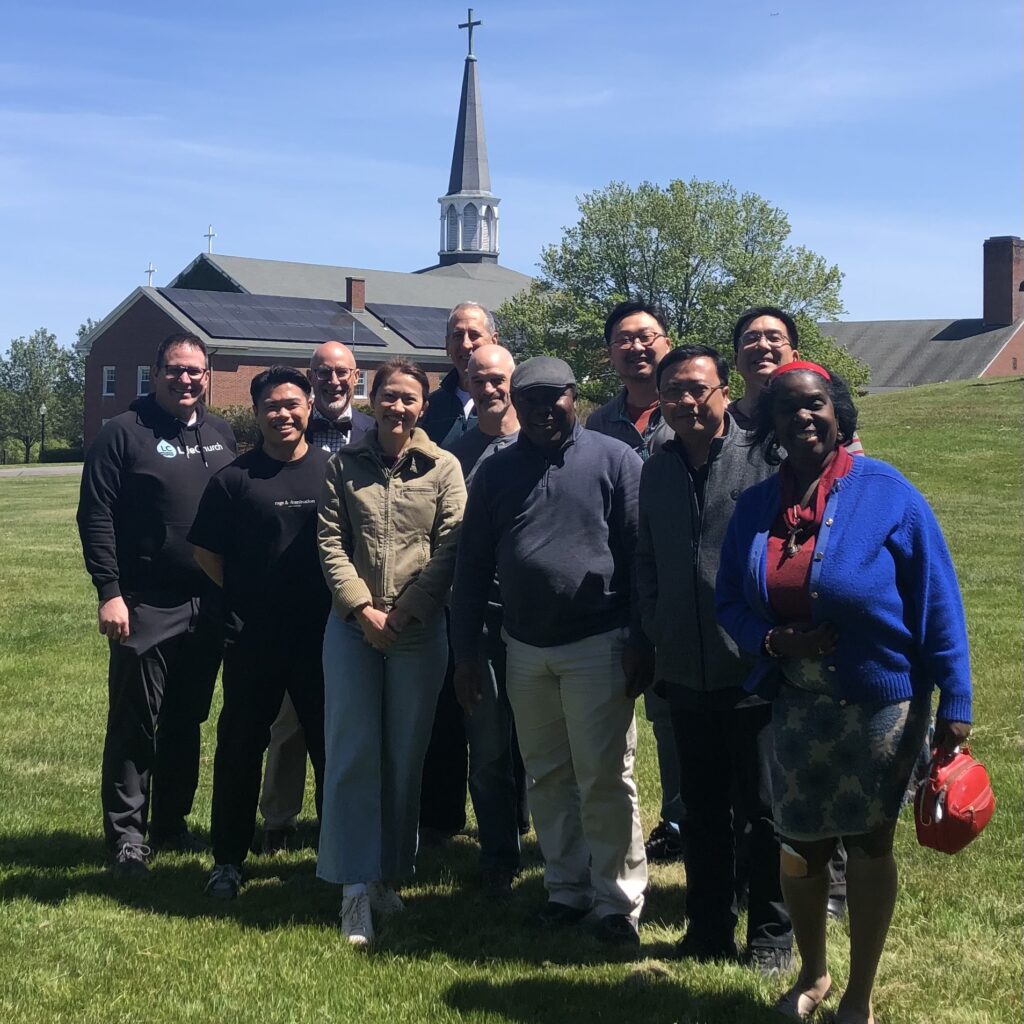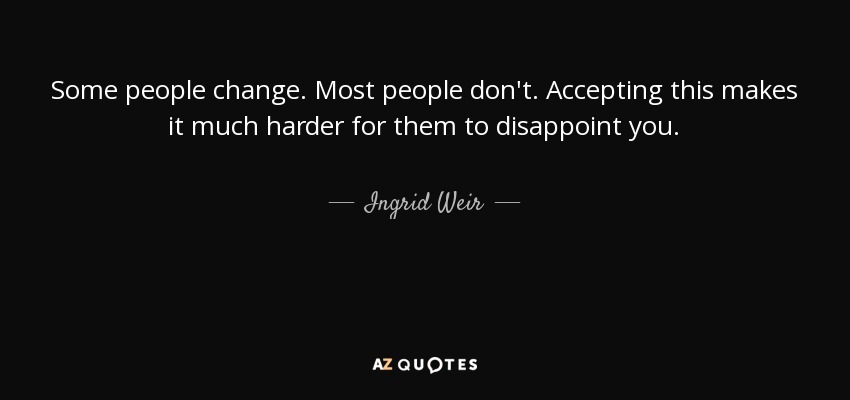I trust you experienced a rewarding Easter celebration with your faith-family. I know Michele and I did.
You may recall earlier posts containing excerpts from Marsden’s, An Infinite Fountain of Light: Jonathan Edwards for the Twenty-First Century. It’s amazing how current Edwards’s approach is even though his 18th century context and style of ministry is so different from ours.
One lasting effect of Edwards’s thinking and writing is his well-known, “A Treatise Concerning Religious Affections.” I first read it as part of my required reading in the mid- to late 80’s when I studied the church in America at Dallas Theological Seminary.
Marsden writes, “Edwards spent almost his whole life wrestling with the question of how to tell the difference between authentic Christian experience and its imitations: self-delusion and hypocrisy” (p. 104). He describes Edwards’s understanding of “affections” as,
“the sort of love for a person that brings joy unspeakable. True affections for Edwards include the joy and delight–at the heart of his theology–of experiencing the beauty of perfect love” (p. 106).
Okay, let me stop and say that my ministry for over 30 years has been in the context of two, Bible Church kind of churches. I half-jokingly say to our folks, “We’re a Bible Church which means we don’t feel anything.” It’s true; we don’t feel much and rarely do we let it show on our faces on a given Sunday morning. So, this makes it difficult to know if my listeners are experiencing authentic Christianity.
Edwards asked how we know the sheep from the goats.
He begins with indicators that don’t prove anything:
“high emotional experiences, preoccupation with religious things, readiness to quote Scripture, great self-confidence in one’s own spirituality, and other traits that can be found among hypocrites as well as among some genuine Christians” (p. 107).
As you can see, counterfeit Christianity exists. But Scriptures often provide ample opportunity for us to challenge the kind of faith our listeners have. One way is to continually ask if their faith-journey includes a dose of “joy and delight” and the “beauty of [God’s] perfect love.”
May our Lord receive glory in the church and in Christ Jesus (Ephesians 3:21) as we address both sheep and goats each Sunday.
Randal











